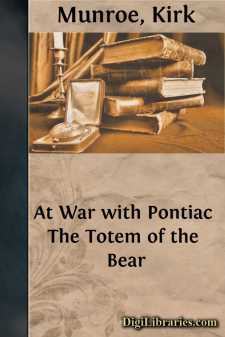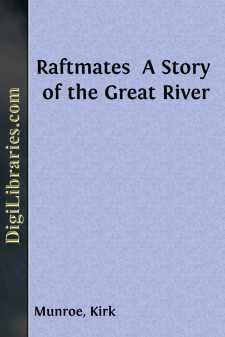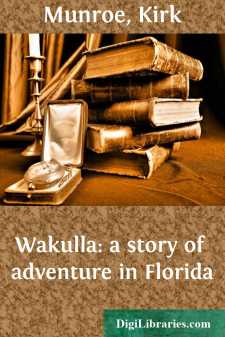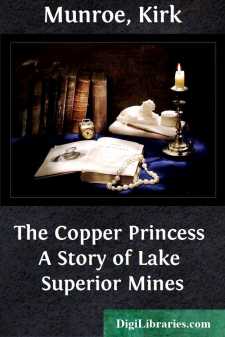Categories
- Antiques & Collectibles 13
- Architecture 36
- Art 48
- Bibles 22
- Biography & Autobiography 815
- Body, Mind & Spirit 144
- Business & Economics 28
- Children's Books 18
- Children's Fiction 14
- Computers 4
- Cooking 94
- Crafts & Hobbies 4
- Drama 346
- Education 58
- Family & Relationships 59
- Fiction 11835
- Games 19
- Gardening 17
- Health & Fitness 34
- History 1378
- House & Home 1
- Humor 147
- Juvenile Fiction 1873
- Juvenile Nonfiction 202
- Language Arts & Disciplines 89
- Law 16
- Literary Collections 686
- Literary Criticism 179
- Mathematics 13
- Medical 41
- Music 40
- Nature 180
- Non-Classifiable 1768
- Performing Arts 7
- Periodicals 1453
- Philosophy 65
- Photography 2
- Poetry 896
- Political Science 203
- Psychology 44
- Reference 154
- Religion 515
- Science 126
- Self-Help 85
- Social Science 83
- Sports & Recreation 34
- Study Aids 3
- Technology & Engineering 59
- Transportation 23
- Travel 463
- True Crime 29
Our website is made possible by displaying online advertisements to our visitors.
Please consider supporting us by disabling your ad blocker.
At War with Pontiac The Totem of the Bear
by: Kirk Munroe
Categories:
Description:
Excerpt
CHAPTER I
A glorious midsummer day was drawing to a close; its heat had passed; the tall forest trees, whose leaves were pleasantly rustled by the cool breeze of approaching night, flung a bridge of tremulous shadows across the surface of Loch Meg, and all nature was at peace. The tiny lake, though bearing an old-world name, was of the new world, and was one of the myriad forest gems that decked the wilderness of western New York a century and a half ago. It was embraced in a patent recently granted by the English king to his well-approved servant Graham Hester, whose bravery and wounds had won for him an honorable retirement, with the rank of major in a Highland regiment, ere he was forty years of age. Being thus provided with an ample estate, Major Hester, with his young wife and half a dozen trusty followers, left the old world for the new, and plunged into its wilderness. Though somewhat dismayed to find his property located a score of leagues beyond that of his nearest white neighbor, the major was at the same time gratified to discover in that neighbor his old friend and comrade, William Johnson, through whose diplomacy the powerful Iroquois tribes of the Six Nations were allied to the English and kept at peace.
On a crest of land overlooking and sloping gently down to the blue lakelet which Major Hester had named in honor of his wife, he erected a substantial blockhouse of squared timbers. Behind it were ranged a number of log outbuildings about three sides of a square, in the centre of which was dug a deep well. Having thus in a time of peace prepared for war, the proprietor began the improvement of his estate with such success that, within three years from the felling of the first tree, several acres of gloomy forest were replaced by smiling fields. A young orchard was in sturdy growth, a small herd of cattle found ample pasturage on the borders of the lake, and on all sides were evidences of thrift and plenty.
The military instinct of the proprietor caused all forest growth to be cleared from a broad space entirely around the rude fortress that held his life's treasures; but within the enclosure he left standing two superb oaks. These not only afforded a grateful shade, but gave a distinctive feature to the place that was quickly recognized by the surrounding Indians. Thus they always spoke of it as the house of the two trees, or two-tree house, a name that soon became "Tawtry House," under which designation it was known from the unsalted seas to the tide waters of the distant Shattemuc.
Tawtry House not only offered a ready welcome and bountiful hospitality to the occasional hunter, trader, or traveller tempted by business or curiosity into that wild region, but to the Indians who still roamed the forest at will and had established one of their villages at no great distance from it. With these, by the exercise of extreme firmness and an inflexible honesty, Major Hester succeeded in maintaining friendly relations, in spite of their jealousy of his presence among them....










